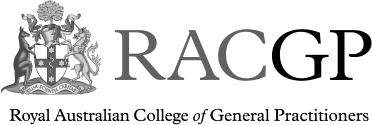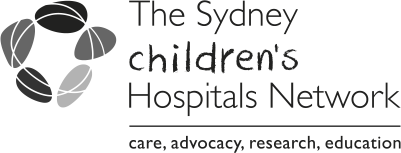Obstetric care for multiple pregnancies involves specialised medical attention to ensure the health and wellbeing of both the mother and her babies, addressing the unique challenges and risks associated with carrying more than one foetus. Dr. Delgado, an esteemed obstetrician specialising in multiple pregnancies, emphasises the critical nature of this tailored care. These pregnancies necessitate heightened monitoring and intervention due to the increased risk of complications such as preterm labor, preeclampsia and gestational diabetes.
According to Dr. Delgado, one of the primary concerns in multiple pregnancies is preterm labour, which occurs in approximately 60% of twins and an even higher percentage of triplets and higher-order multiples. Preterm birth, defined as delivery before 37 weeks of gestation, can lead to a host of neonatal complications, including respiratory distress syndrome, intraventricular haemorrhage, and long-term neurodevelopmental issues. To mitigate these risks, frequent prenatal visits are essential. These appointments allow for close monitoring of the mother’s health and the growth and development of each fetus. Regular ultrasounds play a pivotal role in this monitoring, providing detailed images that help track foetal growth patterns and identify potential issues early.
Dr. Delgado also highlights the increased risk of preeclampsia in multiple pregnancies, a condition characterised by high blood pressure and damage to organs such as the liver and kidneys. Preeclampsia can lead to serious, sometimes fatal, complications for both mother and babies if not properly managed. Therefore, blood pressure monitoring and regular screening for protein in the urine are integral components of prenatal care for women carrying multiples. If preeclampsia is detected, management strategies might include medications to control blood pressure, frequent maternal-foetal assessments, and potentially early delivery if the condition poses a significant threat to the mother or her babies.
Gestational diabetes is another concern in multiple pregnancies. This condition occurs when the body cannot produce enough insulin to regulate blood sugar levels effectively, posing risks to both mother and babies, including excessive birth weight and preterm birth. Dr. Delgado advises that expectant mothers with multiple pregnancies undergo glucose screening tests earlier and more frequently than those with singleton pregnancies. Managing gestational diabetes typically involves dietary modifications, regular blood sugar monitoring, and sometimes insulin therapy to maintain optimal glucose levels.
Dr. Delgado asserts that detailed fetal assessments are crucial in managing the intricate dynamics of multiple gestations. These assessments often include biophysical profiles and Doppler studies to evaluate foetal wellbeing and blood flow, respectively. Additionally, growth scans are conducted more frequently to ensure that all foetuses are growing at an appropriate rate and to detect any signs of growth restriction, which is more common in multiple pregnancies.
Tailored maternal care plans are essential in addressing the unique needs of women carrying multiple foetuses. Dr. Delgado notes that these plans often include nutritional counseling, as the caloric and nutritional requirements for multiple pregnancies are higher. Adequate intake of protein, iron, calcium and folic acid is vital to support the increased demands on the mother’s body and to promote healthy foetal development. Bed rest and reduced physical activity may be recommended in certain cases to help prevent preterm labour.
Through comprehensive prenatal care, obstetricians aim to optimise outcomes, mitigate potential risks and provide support and guidance to expectant mothers navigating the complexities of multiple pregnancies. Dr. Delgado emphasises the importance of a multidisciplinary approach to ensure the best possible care for both mother and babies. By addressing the unique challenges and risks of multiple pregnancies with specialised attention and proactive management, healthcare providers can significantly improve the health and wellbeing of both mothers and their babies.












